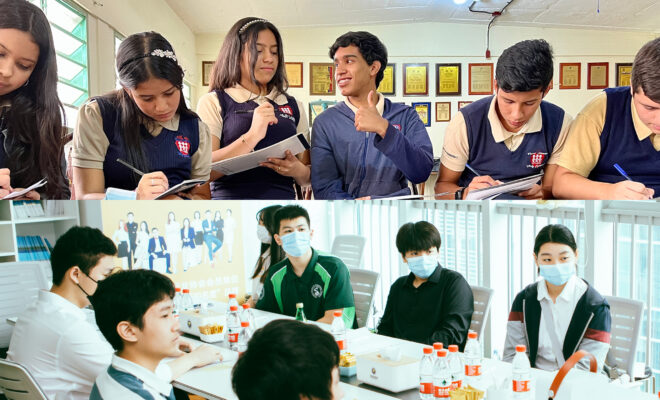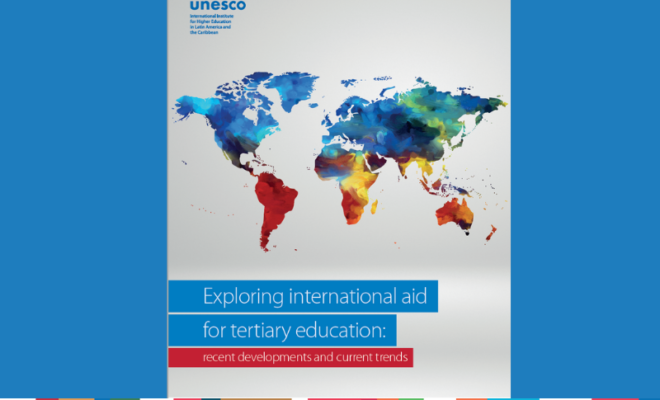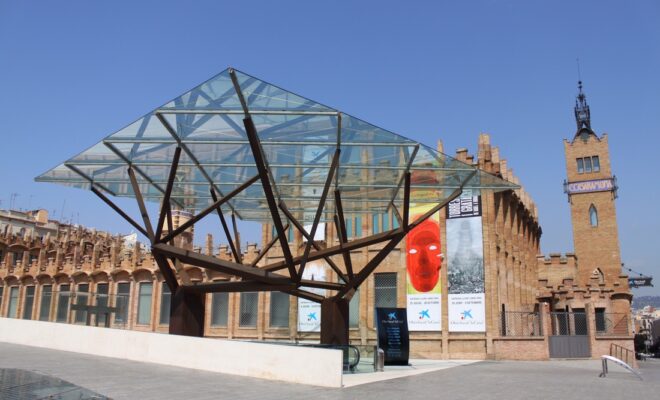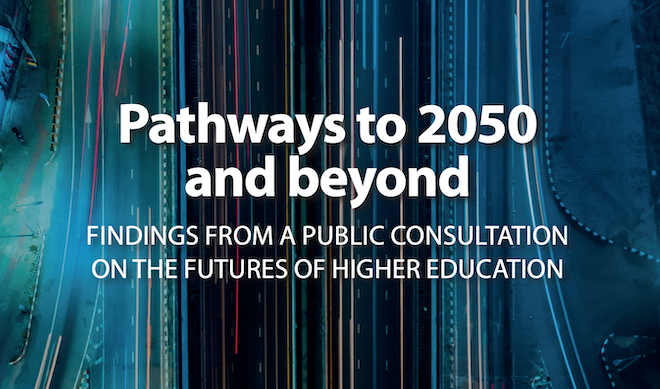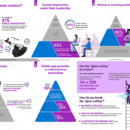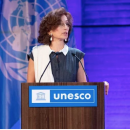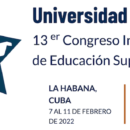7th Higher Education in the World Report strengthens the interrelations between science, technology and humanities
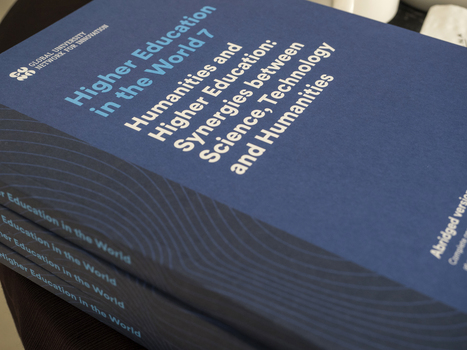

“From politicians, to technicians, regulators, academics from different fields and financiers, everyone is convinced that humanistic education and cultural experience are key factors for a more dignified, fairer and more democratic society. The problem is that the reality of the education and research system is far removed from these good intentions”. The previous is an excerpt from the 7th Higher Education in the World Report (HEIW7) Humanities and Higher Education: Synergies between Science, Technology and Humanities, recently launched by the Global University Network for Innovation (GUNI, 2019).
An open event held on December 10th at the Caixa Forum, in Barcelona, served as the scenario for sharing ideas around the main topic of the publication, developed by 130 international authors around 24 clue questions and 28 case studies that reflect on the key problems and challenges that higher education and its institutions are facing today, in a dehumanized era of global changes.
According to the report, it aims to contributing to the renewal of ideas, while generating visions and promoting reflection concerning the contribution of higher education and the knowledge society; as well as providing a toolbox for researchers, policymakers and practitioners, as states the preface of the report (pag 47). A special chapter was dedicated to the integration of the sustainable development goals (SDG) to higher education, and another to the approach from the Latin American University to science and technology seen from the Humanities, with special mention to the III Regional Conference on Higher Education (CRES 2018).
The presentation at La Caixa counted with the participation of Joan Elias (GUNI President and Rector of the University of Barcelona); Àngel Font (La Caixa); Francesc Pedró, (UNESCO-IESALC); Francesc Xavier Grau, (Government of Catalonia); José Manuel Pingarrón, (Spanish Ministry of Science, Innovation, and Universities); and Alfonso González Bondia, (Government of Catalonia). Josep M. Vilalta (GUNI Executive Director) presented the main contents of the report. All the speeches shared a common vision: that of creating synergies between humanities, science and technology and recovering humanities for a fairer global society.
Besides congratulating GUNI on its 20th anniversary and reiterate UNESCO’s support to the networks of its kind, Francesc Pedró, director of UNESCO-IESALC, began its intervention by posing the audience the question: “How did we get to a point where humanities are not considered important?” Focused on the current marginalization of humanities at higher education level, his speech was an invitation to grant humanities a role different from that of a complement “At the end of the day, they help us to reflect on human realities. We cannot consider them simply as the cherry on the cake”, he said.
Also promoting the exchange of resources, innovative ideas and experiences, while allowing for collective reflection and co-production of knowledge in higher education, IESALC’s director stressed the importance of reinforcing higher education institutions as hubs for lifelong learning, introducing for instance learning credit throughout life. While some could use that credit for academic or professional update, many would certainly apply it for revisiting humanities.
7th Higher Education in the World (HEIW7) can be downloaded in its full version here
RELATED ITEMS
